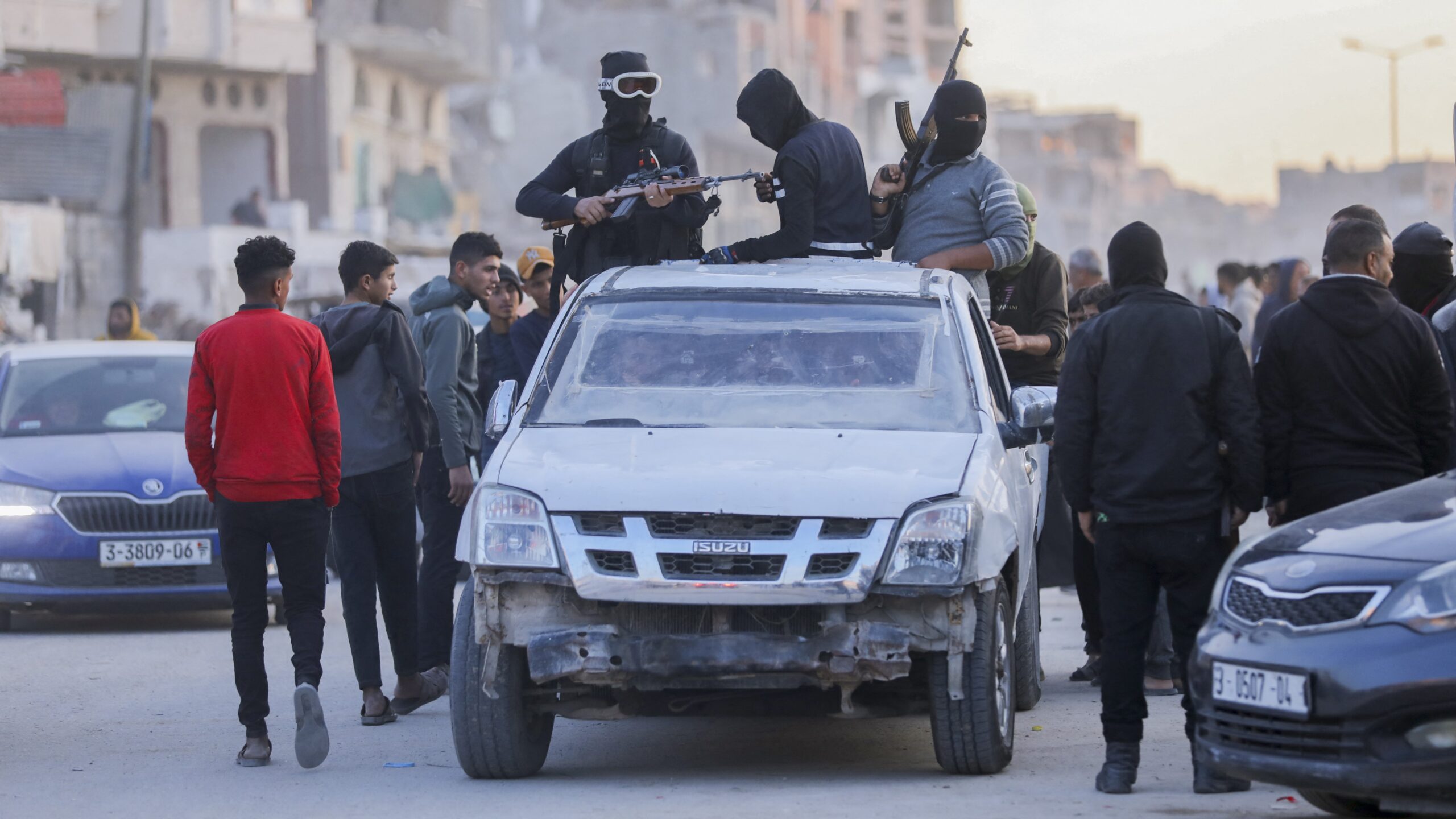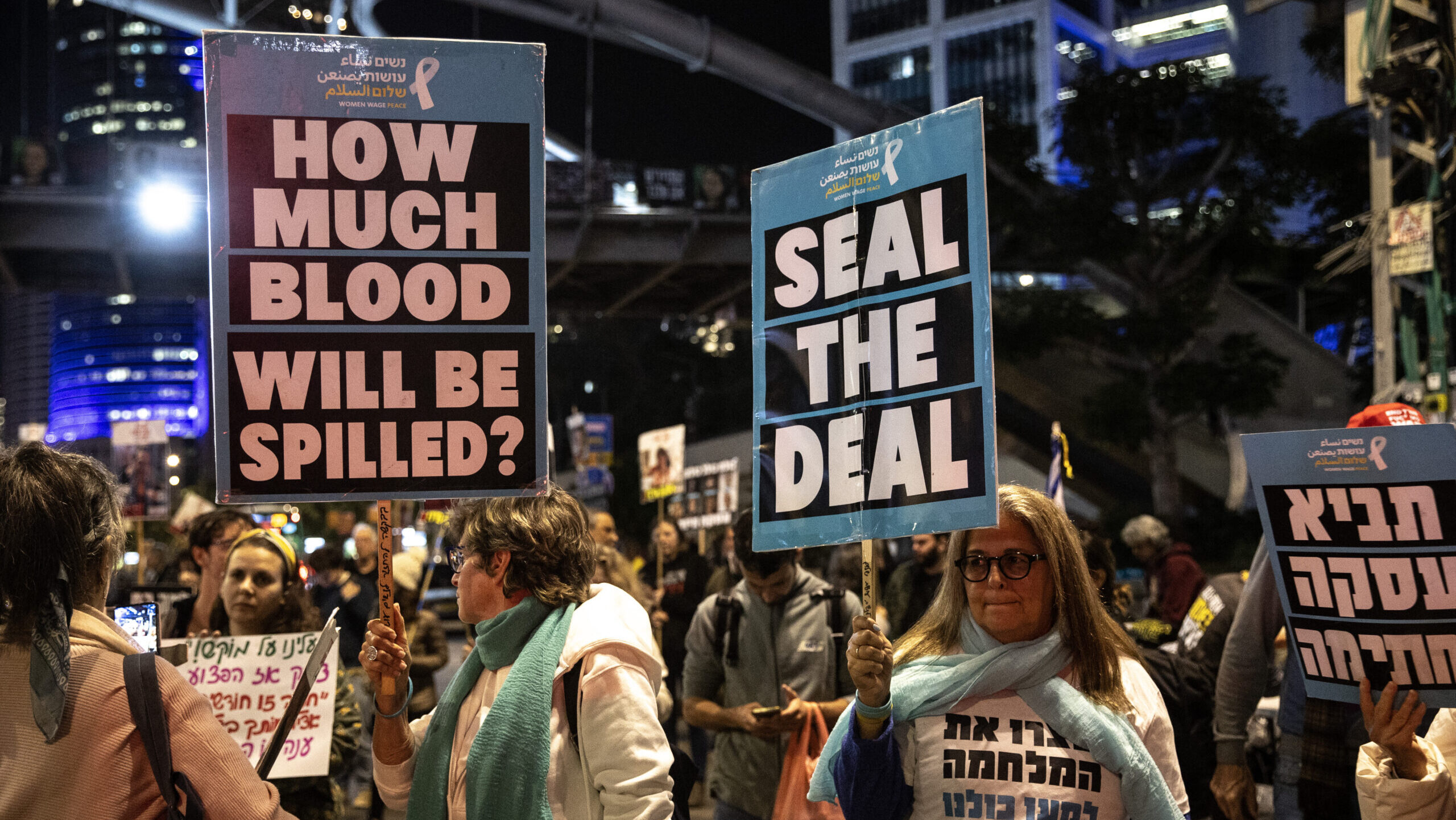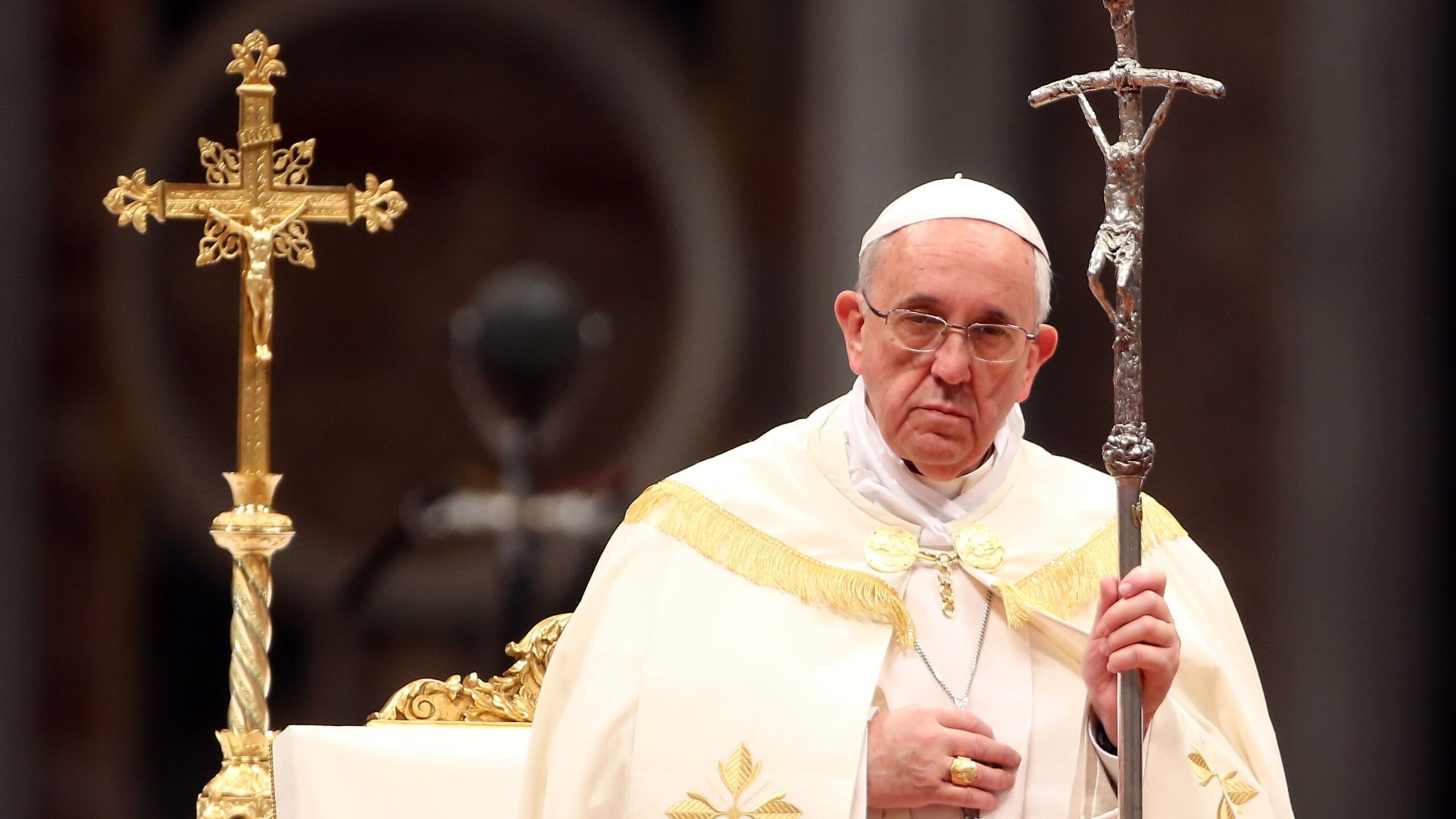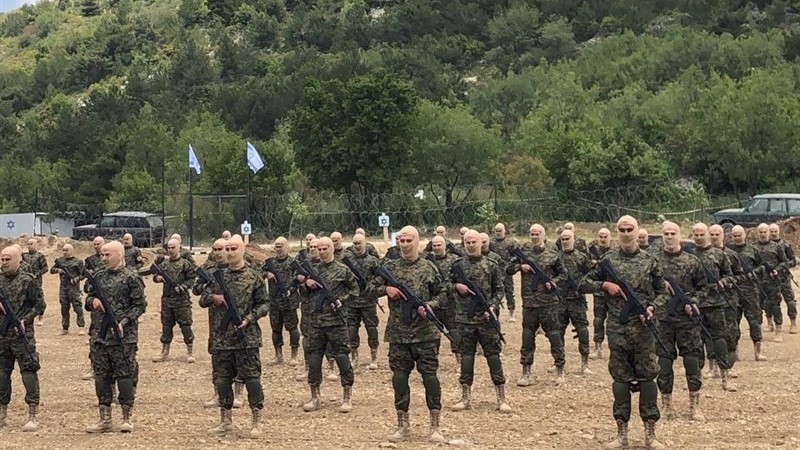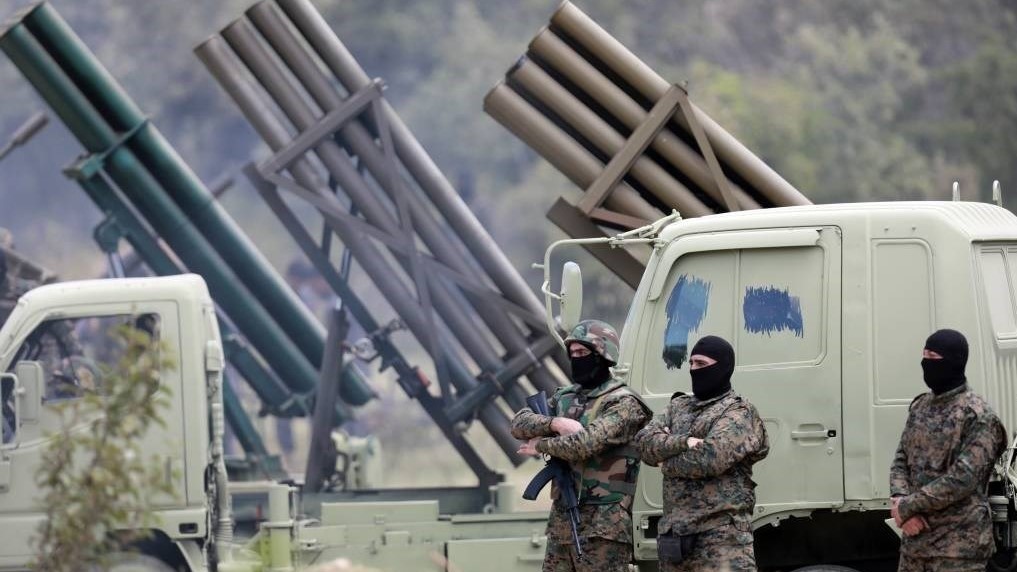
Who Is the Real Winner of the Hamas–Israel Ceasefire?
‘Hamas may leverage the prisoner releases to come to power. It has hammered out, to its own liking, a deal to take place over many months so as to build up enough strength to take control of the West Bank. This is similar to the deal the U.S. made with the Islamic Emirate of Afghanistan, infamously known as the Taliban on 29 February 2020, in Doha, Qatar, by the first Trump administration.’

